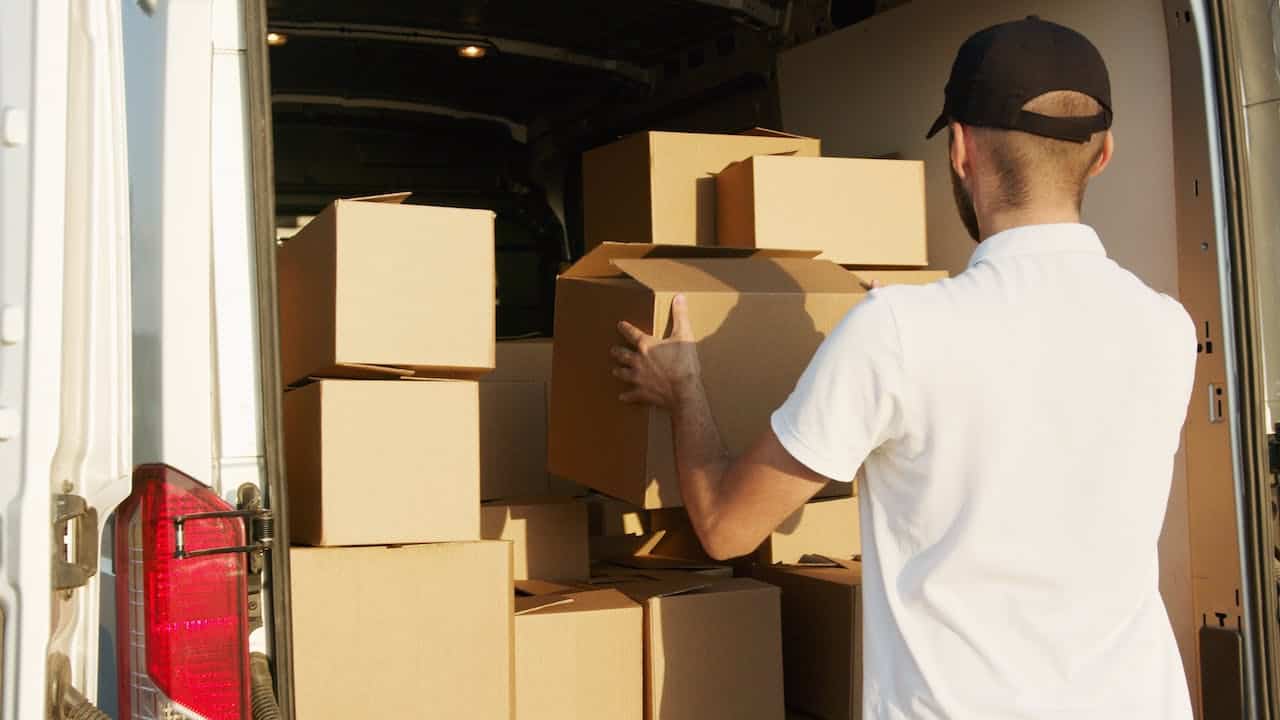Do You Need to Be Present for Movers? [Answered]

Moving can be tough, with lots to think about like packing up and finding a new place. You might wonder if you need to be around for the moving people. Whether you stay or not depends on how much you’re moving and if you feel okay leaving your stuff with others. For a small move, you might not need to stay. But for a big move, or if it makes you uneasy to leave your things, it’s better to be there.
If you choose to stay while movers are there, you can do a few things to help. First, have all your important papers ready, like the moving agreement and insurance details. Second, tell the movers where to put your stuff in the new house. Third, be ready to help if they have questions.
Staying around can help make sure the move goes well and keeps your things safe. If you can’t be there, talk to the moving company beforehand and tell them what you need.
When you’re moving, deciding whether to be there for the movers is a big choice. If your move is not big, you might not need to watch over everything. This means if you’re only moving a few things, you can leave the job to the movers. But if you’re moving a lot, or if you feel worried about your items, it’s better to be there. This helps you make sure that the movers treat your belongings with care.
If you stay while your things are getting moved, you can see where each item goes and tell the movers what to do. You can also answer any questions they have right away, which can stop mistakes. If you can’t be there, let the moving company know what they need to do. You can give them clear instructions on where to put your things. You can also ask someone you trust to be there in your place. This way, you can be sure that someone is watching over your move and taking care of your belongings. It’s all about making sure your items are safe and put in the right place at your new home.
Why Should You Be Present During Moving?
Being present during your moving day has big benefits. If your move is large or complex, being there helps a lot. You can guide the movers on how to handle big items or things that need extra care. You can also tell them right where to put stuff in your new place. When you’re there, you can see that your belongings are treated right and placed where you want them. This can also make you feel better, knowing that you’re looking after your own things. Plus, if the movers have questions, you can give answers right away, which makes the move go faster and smoother.
Factors Influencing the Need to Be Present
Size and Complexity of the Move
For a big move, your presence helps in managing the flow of tasks. If you have lots of things, especially if some are fragile or valuable, it’s wise to be there. Your directions can help prevent confusion and save time. Movers can do their job, but they can’t read your mind. By being there, you make sure that everything goes to the right room and that special care is taken when needed.
Personal Comfort with Movers Handling Belongings
Your peace of mind is important. If you feel uneasy about leaving your stuff with movers, stay for the move. This way, you can watch the movers pack and load your items, and you’ll know it’s done well. It’s about trust. If you’re not comfortable, being there can ease your worry.
Circumstances Where Presence May Not Be Necessary
Smaller Moves and Low-Risk Situations
For smaller moves, you might not need to be there. If you’re just moving a few boxes or items that aren’t fragile, the risk is low. In these cases, you can give instructions ahead of time and trust the movers with your things.
Reliable Moving Services with Proven Trustworthiness
When you use a moving company with a good reputation, you can feel more relaxed about not being there. If they have good reviews and you’ve seen that they work well, you can trust them with your move. Even so, give clear instructions for extra assurance.


